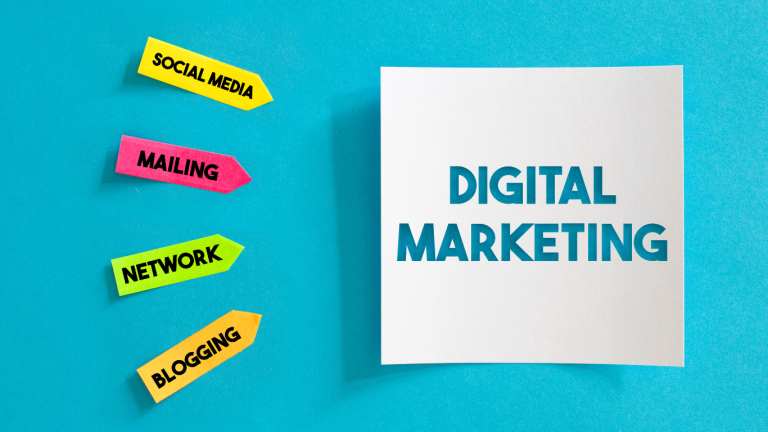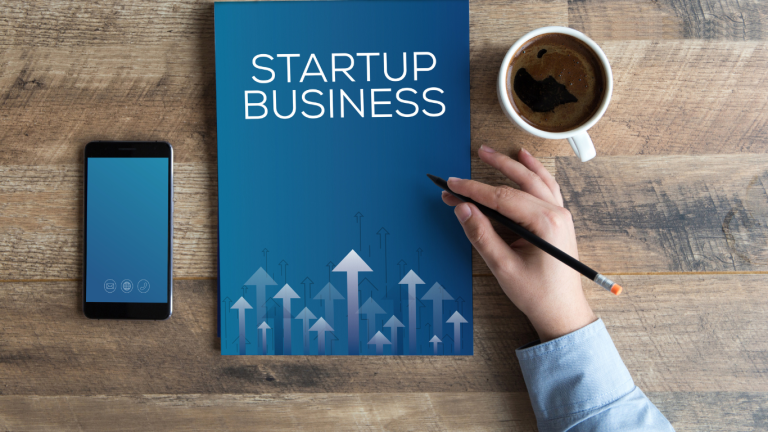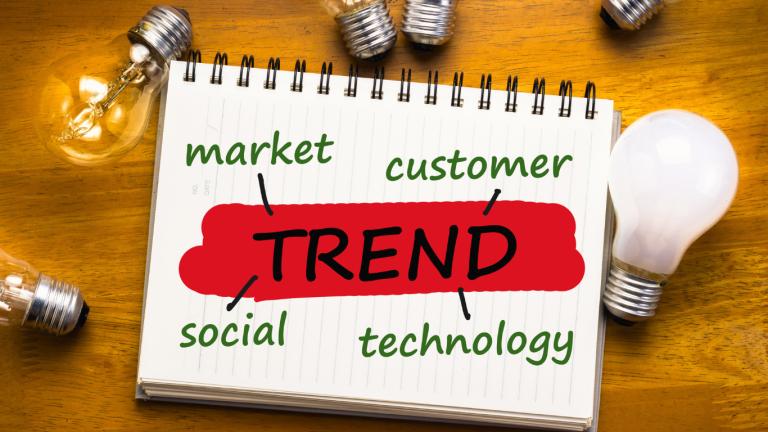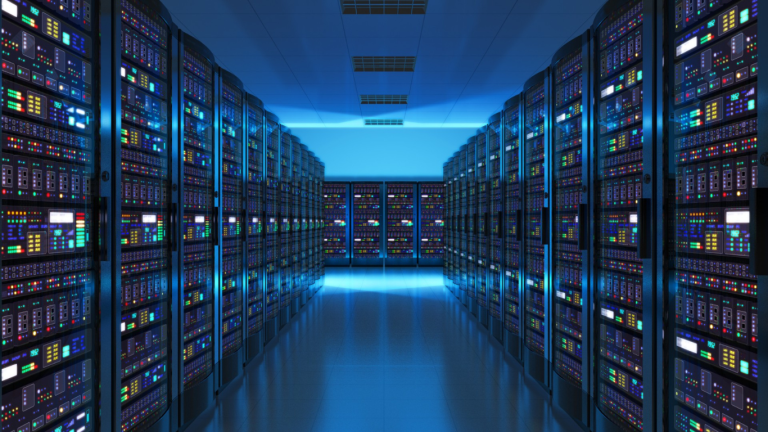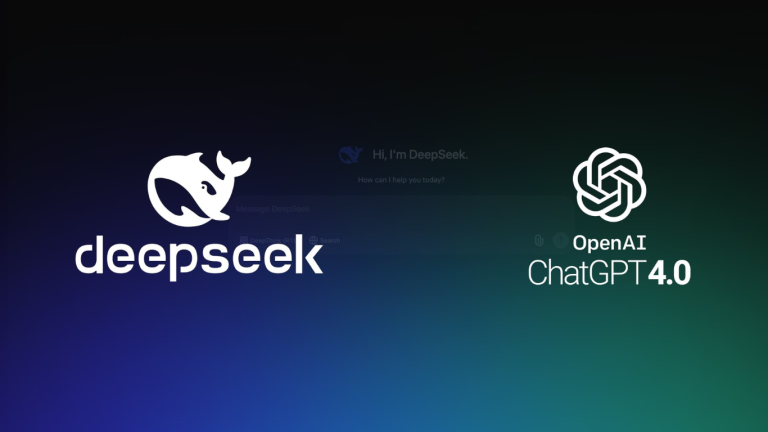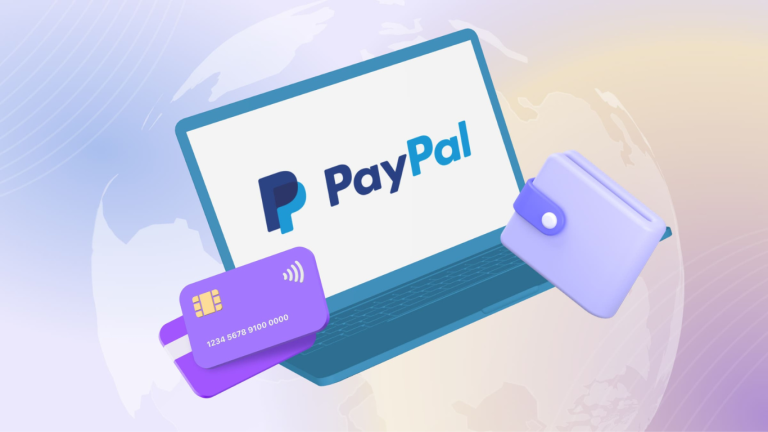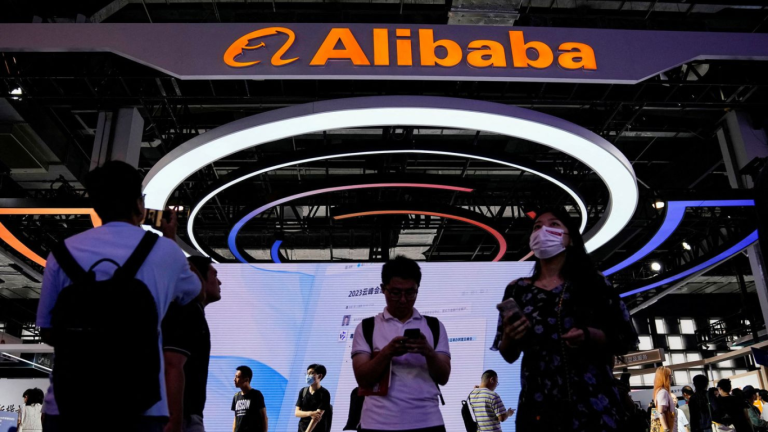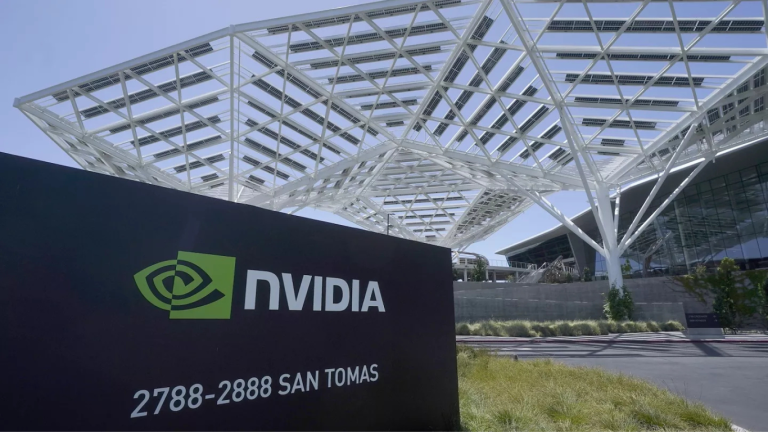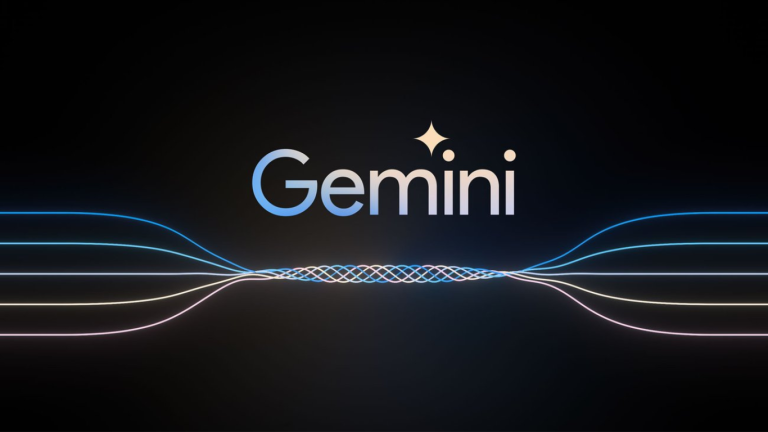
The education industry is in the midst of profound change. According to a recent report by McKinsey, the global education sector is undergoing its most significant transformation in decades, driven by technological advancements, new learning models, and evolving workforce needs. In 2024, traditional methods are
being challenged by digital innovation, creating both opportunities and challenges for educational institutions, policymakers, and learners alike. As the landscape shifts, companies and educators must adapt to new trends to stay ahead in this rapidly evolving sector.
Digital Transformation: The Rise of EdTech and Hybrid Learning Models
The global education market is embracing digital transformation. EdTech companies are driving innovation by providing digital tools and platforms that enhance learning experiences. The shift toward hybrid learning, blending in-person and online instruction, is a direct response to the challenges posed by the pandemic and the demand for greater flexibility in learning environments.
Actionable Advice:
- Invest in Learning Management Systems (LMS): Institutions should prioritize robust LMS platforms that offer personalized learning paths, real-time assessments, and collaborative tools. These platforms provide scalability, improved student engagement, and actionable insights for educators.
- Adopt Artificial Intelligence (AI) for Personalized Learning: AI-powered platforms can offer students tailored learning experiences, helping them progress at their own pace, which improves retention and completion rates.
Data-Driven Decision Making: Leveraging Analytics for Student Success
In the digital age, data is a powerful asset for improving educational outcomes. Schools and universities are increasingly using data analytics to track student performance, predict outcomes, and personalize the learning journey. According to a report by Gartner, educational institutions leveraging data-driven insights can improve retention rates by up to 30%.
Actionable Advice:
- Implement Predictive Analytics: By collecting and analyzing student data, schools can predict which students may need additional support and intervene early. This improves the overall learning experience and reduces dropout rates.
- Use Learning Analytics to Measure Effectiveness: Regularly evaluate the effectiveness of teaching methods, course materials, and student engagement levels to refine the learning process and ensure better outcomes.
Workforce Development: Bridging the Skills Gap with Lifelong Learning
As the global workforce evolves, educational institutions must align their offerings with the skills needed in the marketplace. With the rapid advancement of technology, skills like data science, artificial intelligence, and digital marketing are in high demand. Furthermore, lifelong learning is becoming essential as workers are expected to continuously upskill to remain relevant in an increasingly dynamic job market.
Actionable Advice:
- Partner with Industry Leaders: Collaborating with businesses to design curricula that address real-world challenges can help bridge the skills gap. This ensures students graduate with the competencies required by employers.
- Offer Flexible Learning Options: Provide short-term certifications, online courses, and micro-credentials to enable learners to continuously develop new skills throughout their careers.
Sustainability and Inclusivity: Building an Equitable Education System
Sustainability in education goes beyond environmental concerns—it also involves creating equitable, inclusive learning environments. Educational institutions are increasingly adopting practices that promote diversity and inclusivity while integrating sustainability into curricula to address climate change, resource management, and corporate responsibility.
Actionable Advice:
- Promote Inclusive Education: Ensure that educational programs and policies support all learners, regardless of gender, race, or socioeconomic status. Institutions can implement programs focused on closing achievement gaps and increasing access to higher education.
- Integrate Sustainability in Curriculum Design: As the world faces mounting environmental challenges, teaching students about sustainability and responsible resource use is becoming a priority for forward-thinking educational institutions.
The education sector is evolving faster than ever, with digital transformation, data-driven decision-making, workforce development, and sustainability taking center stage. Institutions that embrace these changes can position themselves as leaders in providing relevant, high-quality education. As we move forward, it’s essential for educational organizations and businesses to collaborate, innovate, and continuously adapt to meet the needs of both students and the evolving job market.
At IBIACO, we specialize in helping businesses and educational institutions navigate these transformations. Whether you’re looking to leverage technology, enhance your workforce development strategy, or build a more inclusive learning environment, our expertise can guide you every step of the way. Reach out today to explore how we can support your educational goals.

_medium.png)


